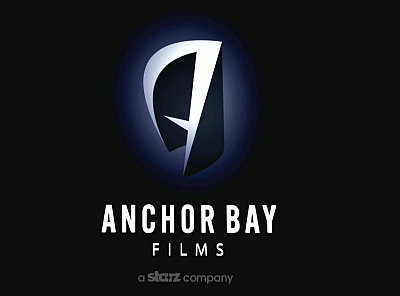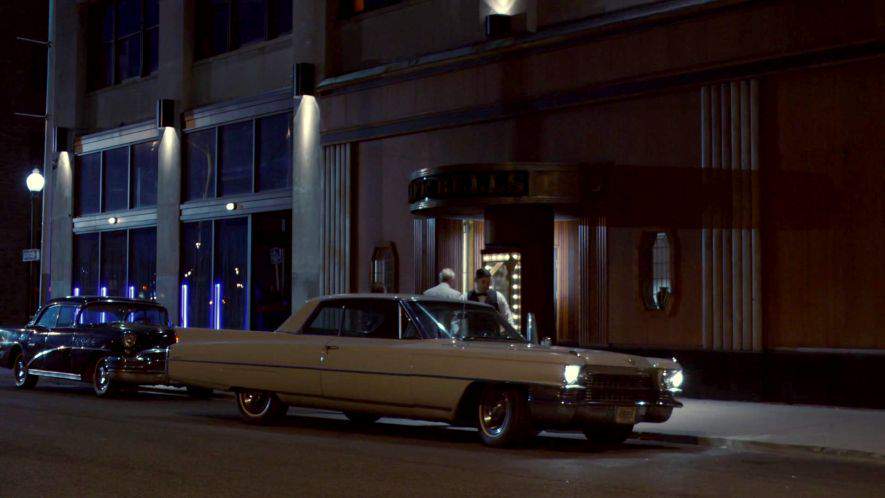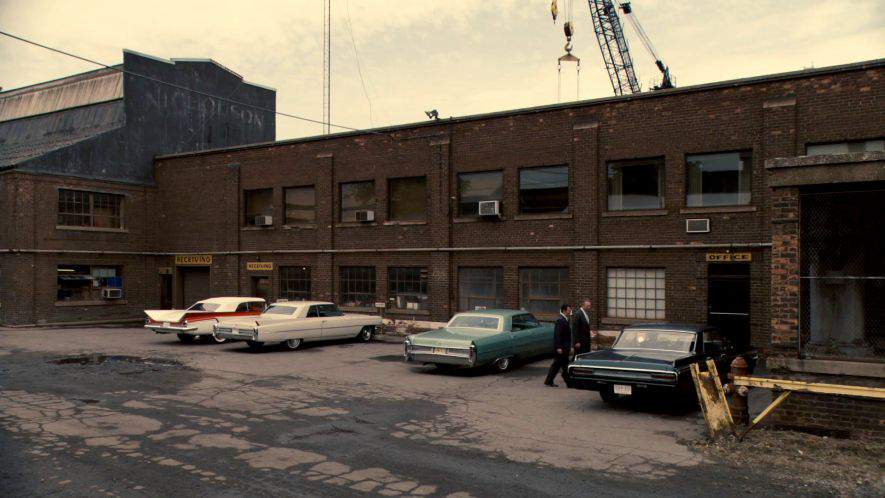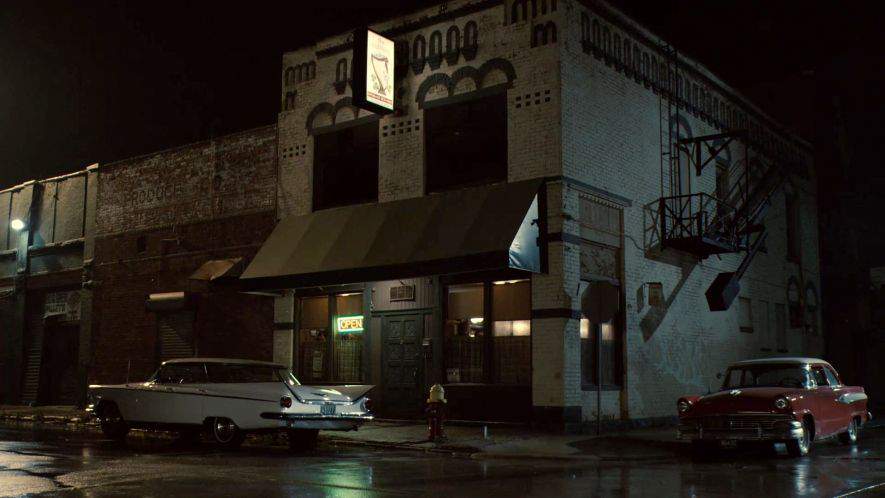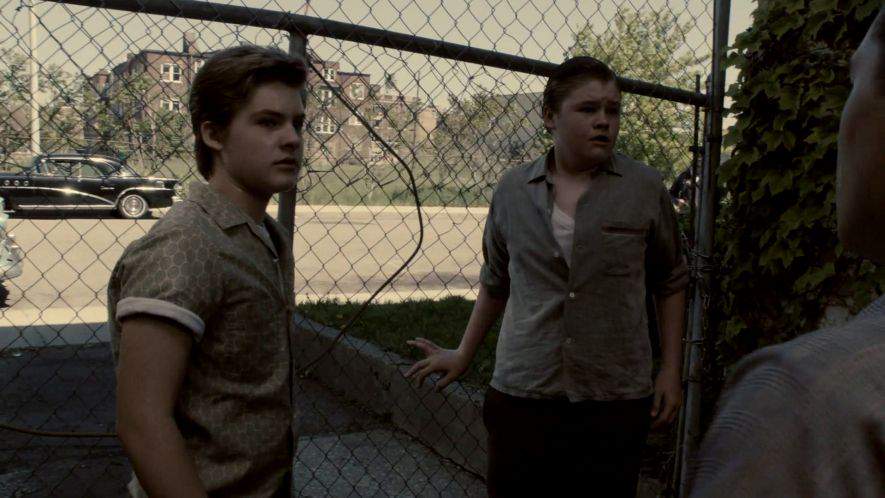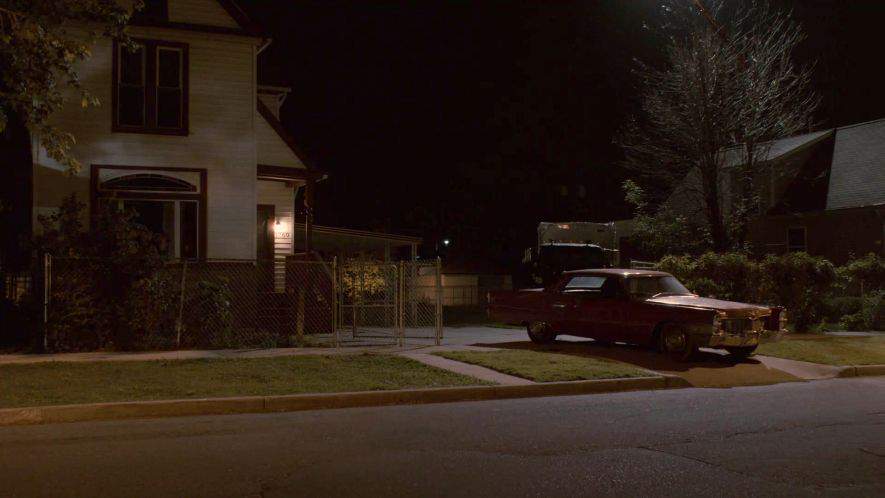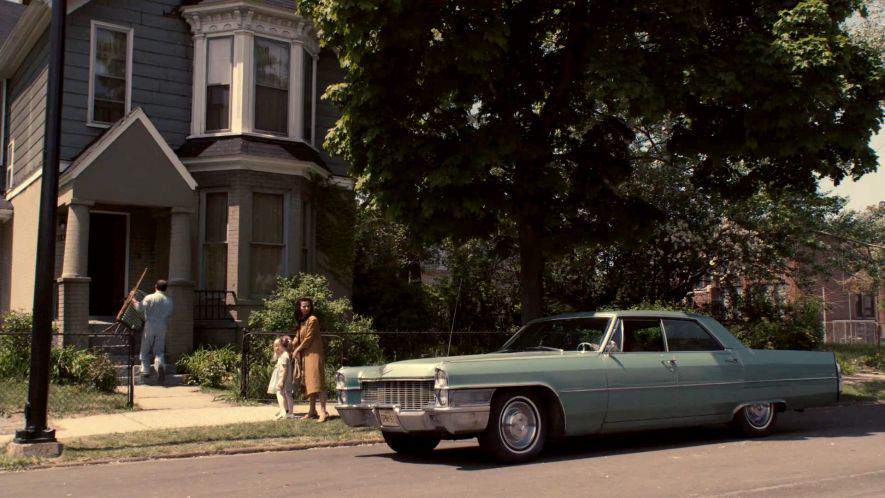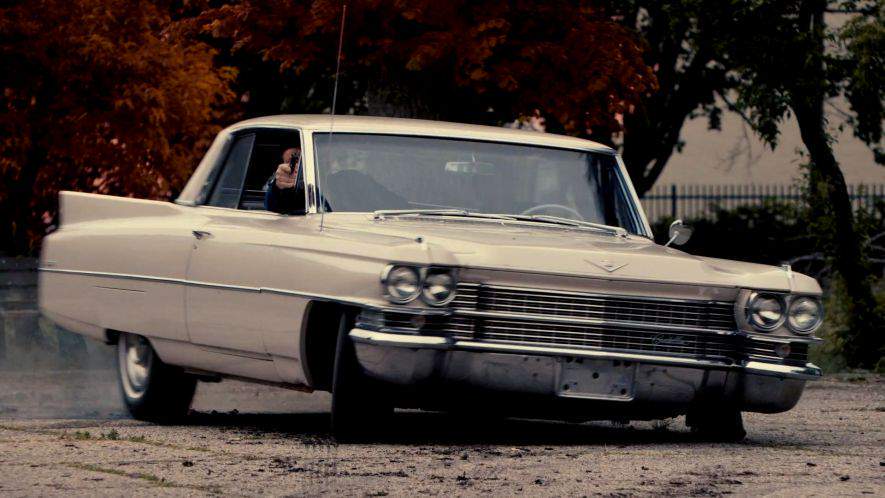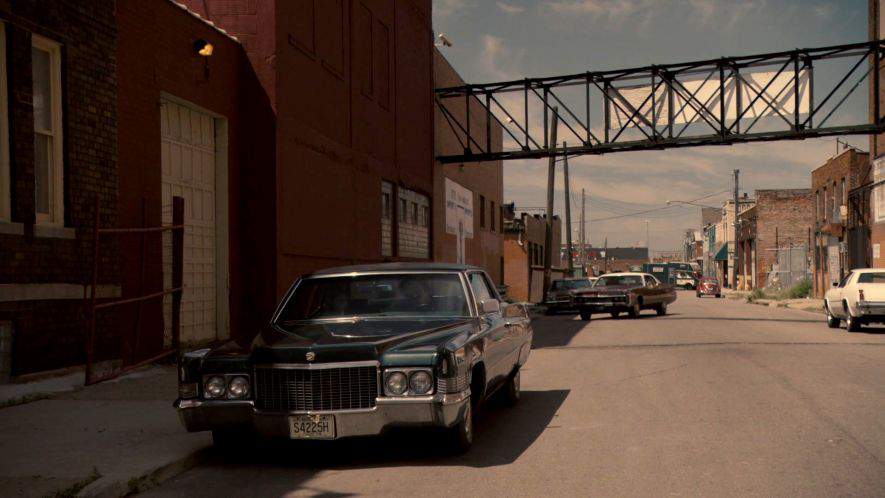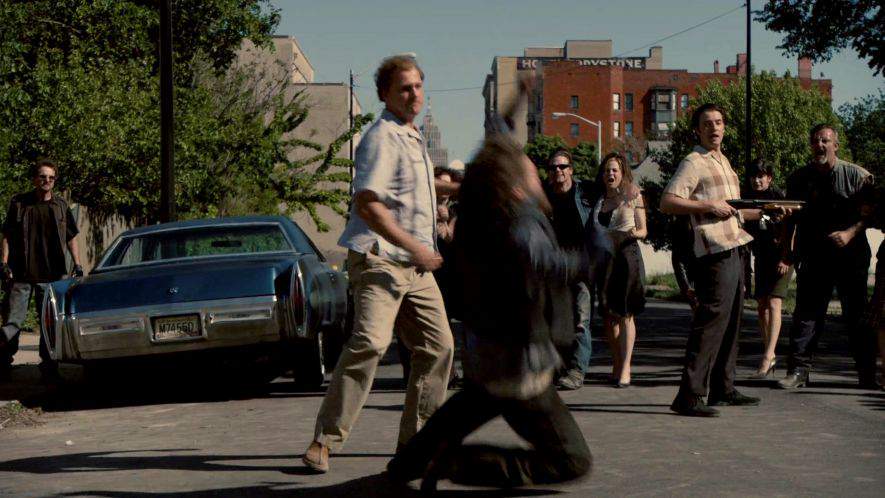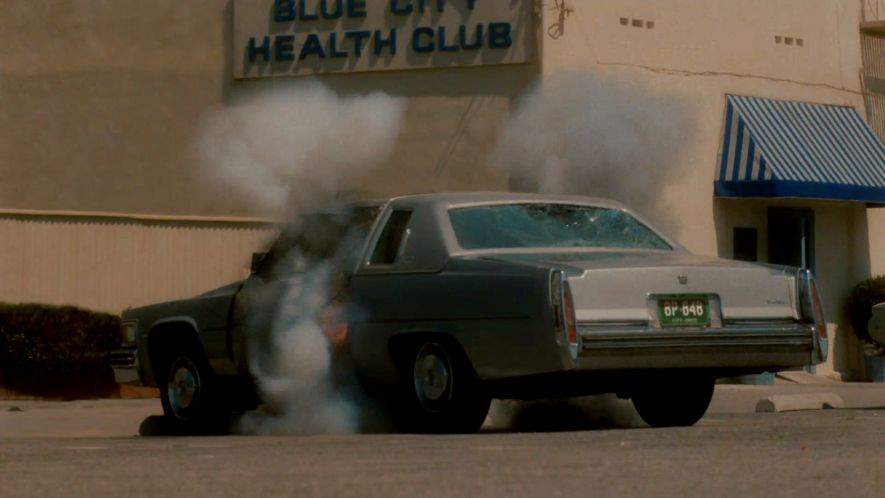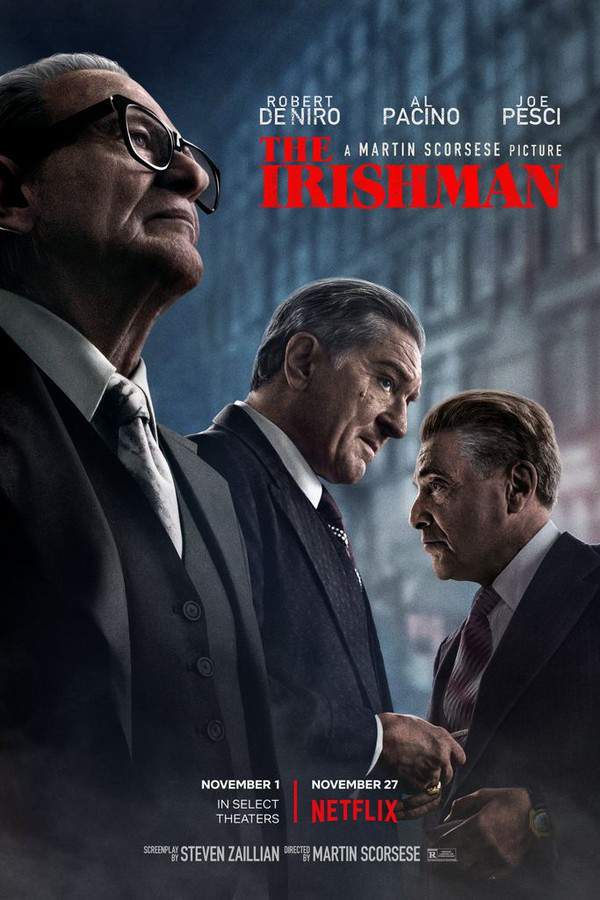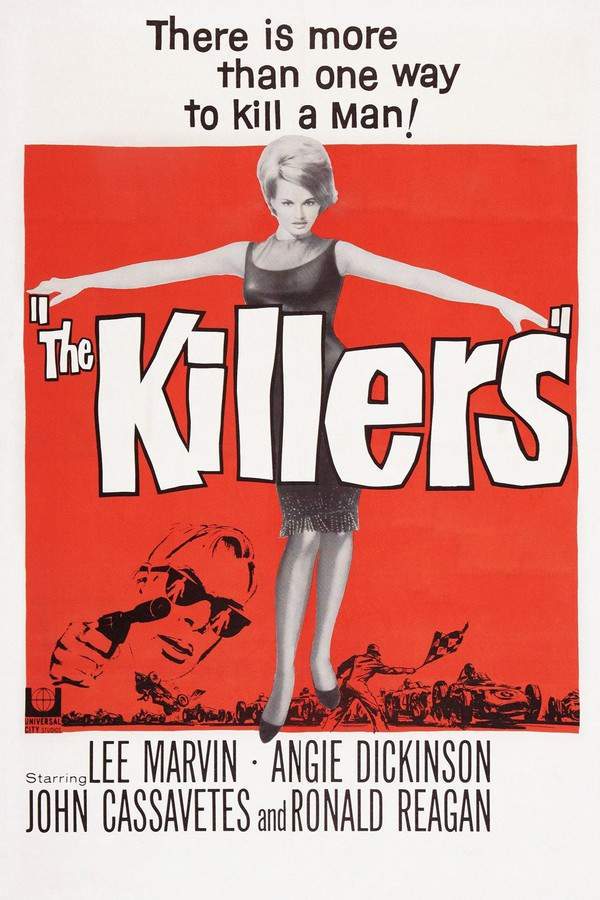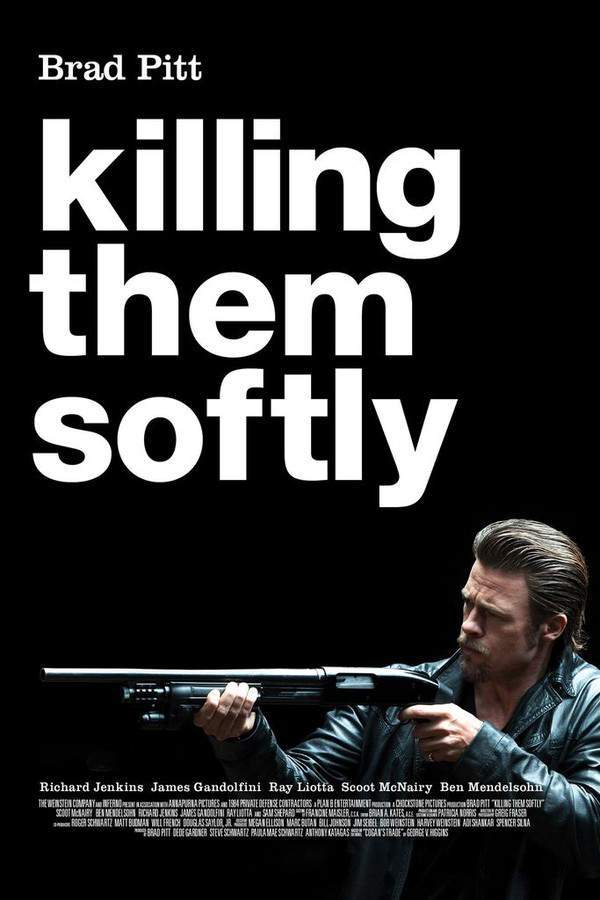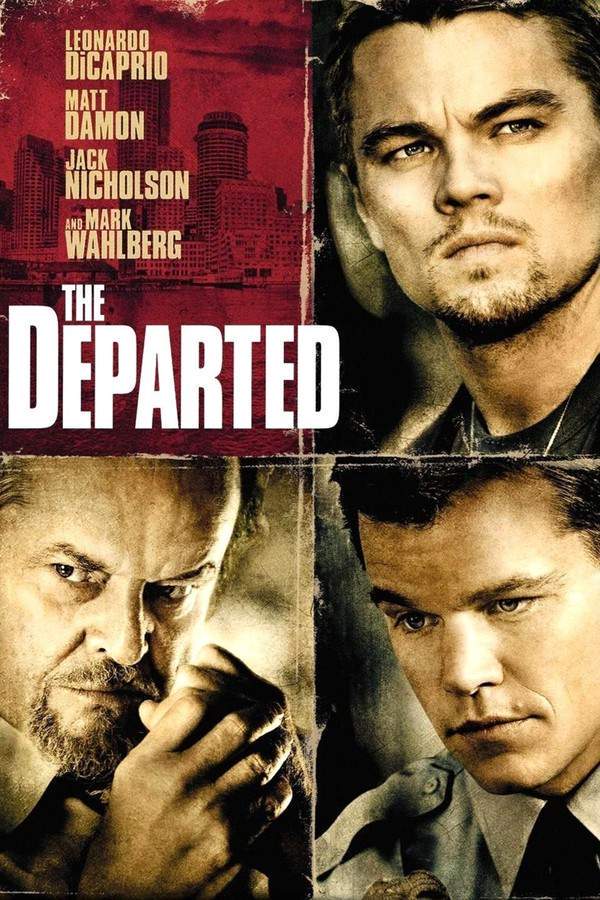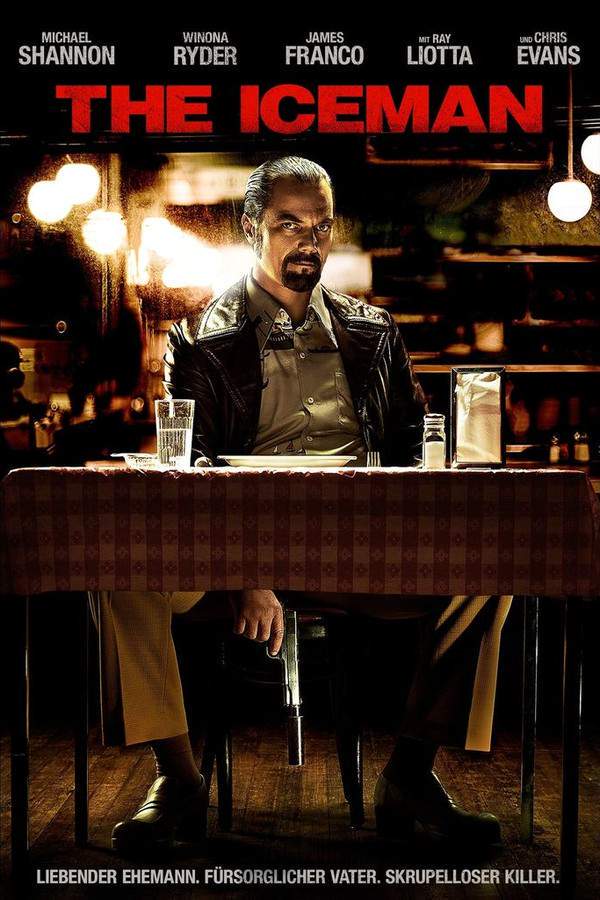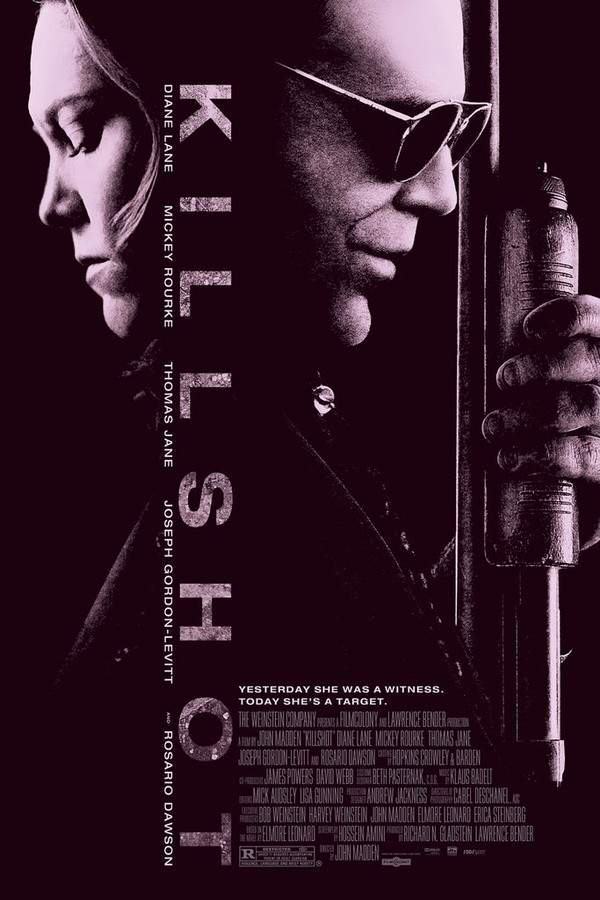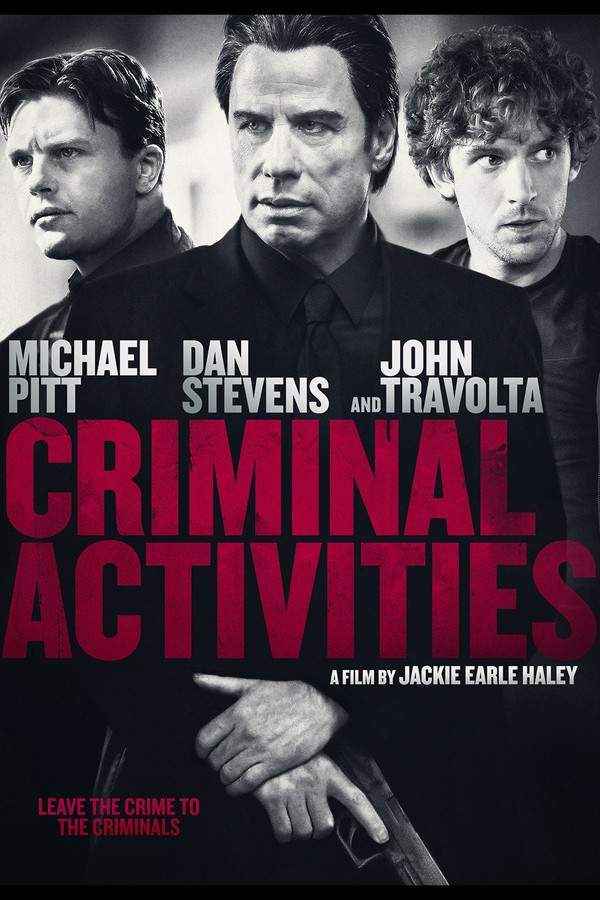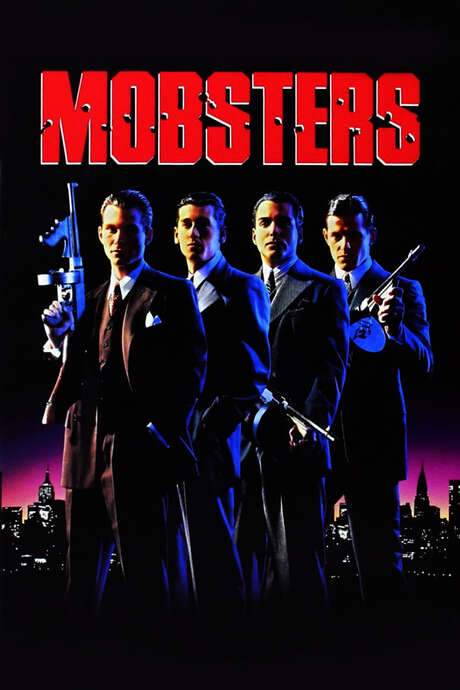Kill the Irishman 2011
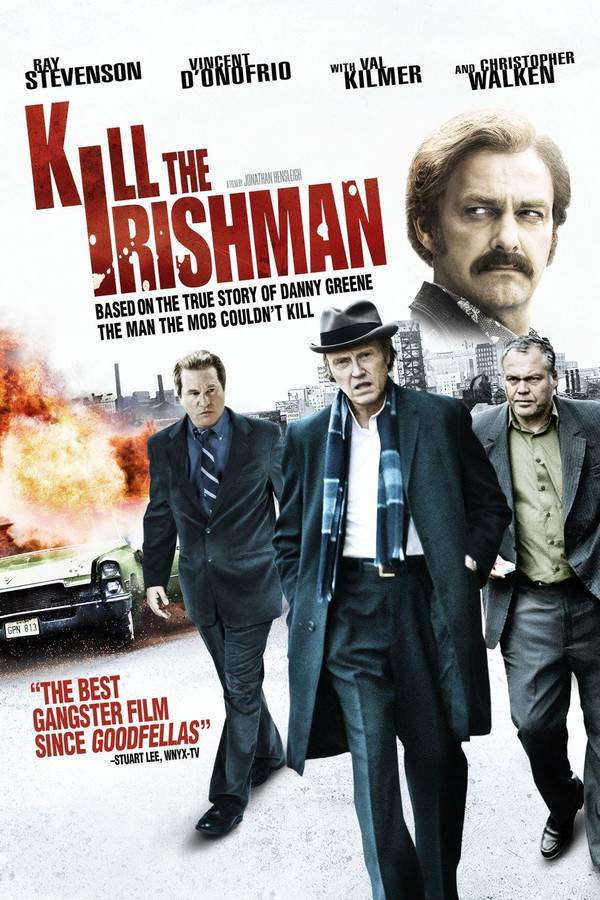
In the summer of 1976, tensions rise in Cleveland's Irish-American neighborhood as Danny Greene’s ascent from the streets to a powerful figure ignites a violent turf war with the Italian mafia. Known for his fearlessness and reputation for invincibility, Greene takes control, disrupting established syndicates and leaving a trail of destruction. His defiance and notoriety eventually earn him the chilling nickname: the man the mob couldn’t kill.
Does Kill the Irishman have end credit scenes?
No!
Kill the Irishman does not have end credit scenes. You can leave when the credits roll.
Meet the Full Cast and Actors of Kill the Irishman
Explore the complete cast of Kill the Irishman, including both lead and supporting actors. Learn who plays each character, discover their past roles and achievements, and find out what makes this ensemble cast stand out in the world of film and television.
External Links and Streaming Options
Discover where to watch Kill the Irishman online, including streaming platforms, rental options, and official sources. Compare reviews, ratings, and in-depth movie information across sites like IMDb, TMDb, Wikipedia or Rotten Tomatoes.
Ratings and Reviews for Kill the Irishman
See how Kill the Irishman is rated across major platforms like IMDb, Metacritic, and TMDb. Compare audience scores and critic reviews to understand where Kill the Irishman stands among top-rated movies in its genre.

50
Metascore
6.6
User Score


63%
TOMATOMETER

67%
User Score

7.0 /10
IMDb Rating

68
%
User Score

3.2
From 12 fan ratings

4.16/5
From 19 fan ratings
Take the Ultimate Kill the Irishman Movie Quiz
Challenge your knowledge of Kill the Irishman with this fun and interactive movie quiz. Test yourself on key plot points, iconic characters, hidden details, and memorable moments to see how well you really know the film.
Kill the Irishman Quiz: Test your knowledge on the dramatic events and characters of 'Kill the Irishman' set in 1960s Cleveland.
What significant event pushes Danny Greene into a life of crime?
His election as union president
Sneperger's debt to John Nardi
A fistfight with Joe Buka
An exposé in the newspaper
Show hint
Full Plot Summary and Ending Explained for Kill the Irishman
Read the complete plot summary of Kill the Irishman, including all major events, twists, and the full ending explained in detail. Explore key characters, themes, hidden meanings, and everything you need to understand the story from beginning to end.
In the scorching summer of 1960, the bustling docks of Cleveland came alive as Danny Greene and his childhood friends, Billy McComber and Art Sneperger, dedicated themselves to laboring alongside the city’s longshoremen. However, beneath the surface, a web of deceit began to unfold. Sneperger’s gambling addiction had landed him in a precarious position, owing a significant debt to John Nardi, an influential player in Cleveland’s organized crime scene. In a bid to free Sneperger from his financial woes, Danny made a fateful decision to provide Nardi with stolen merchandise from the docks—an act that would irrevocably alter his destiny.
As corruption deepened its roots, Jerry Merke, the ruthless boss of a labor union, caught wind of Danny’s covert dealings and insisted on a slice of Danny’s earnings. Refusing to comply, Merke unleashed his enforcer, Joe Buka, aiming to eradicate the problem. But Danny, undeterred by the threat, culminated in a brutal fistfight with Buka, emerging triumphantly—a display of resilience that would resonate across the criminal underworld.
This pivotal encounter catapulted Danny into the role of local union president. Although he endeavored to uplift the conditions of dockworkers, he couldn’t shake the shadow of corruption looming over his ascent to power. It wasn’t long before Danny’s transgressions caught up with him, leading to a revelatory exposé in a local newspaper. The fallout was immediate: Detective Joe Manditski, a friend from their youth, arrested Danny on corruption charges, ultimately forcing him to negotiate with the FBI as an informant to avoid serving prison time.
Relocating to Collinwood, Danny faced a personal upheaval, reconciling with his discontented wife and daughters. Meanwhile, Nardi appointed him as an enforcer for the infamous Shondor Birns, a Jewish loan shark, embroiling Danny in a world of danger and greed. The new role quickly attracted the ire of Jack Licavoli, a Mafia captain with a tight grip on the city’s garbage industry.
Danny’s crew found themselves charged with intimidating the city’s waste collectors to join Licavoli’s union, using forceful tactics that fractured alliances. The escalating tension reached a boiling point when Licavoli commanded Danny to take out his longtime friend Mike Frato, who had steadfastly resisted Licavoli’s demands. The killing of Frato set off a tragic chain of events, revealing that Sneperger had reverted to his old habits, this time as a police informant. He was compelled to plant a remote-controlled bomb under Frato’s vehicle, but Danny, realizing the peril, triggered it himself, leading to a consequential confrontation with Frato’s driver, who ultimately disclosed Danny’s self-defense claim.
Though he escaped physically unharmed, the emotional toll on Danny’s marriage was insurmountable, prompting his wife to leave with their children. As Danny aspired to open an upscale restaurant and lounge, he sought Birns’ guidance. However, their partnership soured when a $70,000 loan from the Gambino family spiraled into chaos due to Birns’ reckless lifestyle, igniting disputes over repayment responsibilities. In a shocking twist, Birns placed a $25,000 bounty on Danny’s head, setting off a violent conflict destined to leave one survivor.
The death of John T. Scalish created a power void that both Nardi and Licavoli were eager to exploit in the competitive terrain of Cleveland’s Mafia. Licavoli emerged dominant, ruthlessly imposing a 30% “street tax” on Danny’s operations. Defiantly, Danny declared, > “The Irishman’s in business for himself now.” This resistance only fueled Licavoli’s wrath, leading to a catastrophic bomb attack that obliterated Danny’s home. Miraculously, both Danny and his girlfriend survived, but they found themselves entrenched in an escalating war that would engulf Cleveland in chaos, marked by 36 bombings that drew national media scrutiny.
As the pressure mounted, Licavoli sought outside aid from Genovese boss Anthony Salerno, an alliance that would end tragically for Danny. Attempting to forge a future in Texas with his new fiancée, Danny struck a deal with Salerno for a cooperative cessation of conflict in exchange for investments in a ranch. This arrangement backfired dramatically when Salerno’s emissary, Ray Ferritto, arrived in Cleveland, employing brutal strategies that led to the demise of many of Danny’s friends, including Nardi.
Despite Detective Manditski’s offer of protection, Danny opted to confront his adversities directly. Ferritto’s betrayal culminated in a devastating explosion as he planted a bomb in a vehicle adjacent to Danny’s. In a tragic twist of fate, the bomb obliterated Danny, resulting in his untimely death. Detective Manditski later noted that Danny’s assassination sent shockwaves throughout the Mafia structure, not only devastating the Cleveland syndicate but also crippling the broader network of organized crime across the nation.
Uncover the Details: Timeline, Characters, Themes, and Beyond!

Coming soon on iOS and Android
The Plot Explained Mobile App
From blockbusters to hidden gems — dive into movie stories anytime, anywhere. Save your favorites, discover plots faster, and never miss a twist again.
Sign up to be the first to know when we launch. Your email stays private — always.
Watch Trailers, Clips & Behind-the-Scenes for Kill the Irishman
Watch official trailers, exclusive clips, cast interviews, and behind-the-scenes footage from Kill the Irishman. Dive deeper into the making of the film, its standout moments, and key production insights.
Cars Featured in Kill the Irishman
Explore all cars featured in Kill the Irishman, including their makes, models, scenes they appear in, and their significance to the plot. A must-read for car enthusiasts and movie buffs alike.
Kill the Irishman Themes and Keywords
Discover the central themes, ideas, and keywords that define the movie’s story, tone, and message. Analyze the film’s deeper meanings, genre influences, and recurring concepts.
Kill the Irishman Other Names and Titles
Explore the various alternative titles, translations, and other names used for Kill the Irishman across different regions and languages. Understand how the film is marketed and recognized worldwide.
Similar Movies To Kill the Irishman You Should Know About
Browse a curated list of movies similar in genre, tone, characters, or story structure. Discover new titles like the one you're watching, perfect for fans of related plots, vibes, or cinematic styles.
Quick Links: Summary, Cast, Ratings, More

What's After the Movie?
Not sure whether to stay after the credits? Find out!
Explore Our Movie Platform
New Movie Releases (2026)
Famous Movie Actors
Top Film Production Studios
Movie Plot Summaries & Endings
Major Movie Awards & Winners
Best Concert Films & Music Documentaries
Movie Collections and Curated Lists
© 2026 What's After the Movie. All rights reserved.


